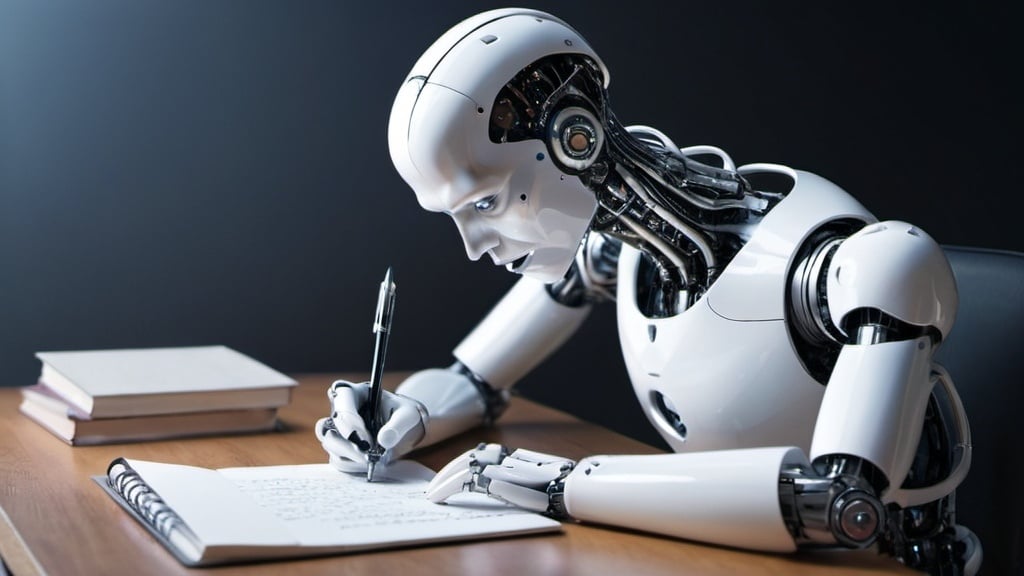The dawn of artificial intelligence has put both thrill and fear into different industries, not excluding writing. With every new improvement brought to AI technologies, the capability of content creation has also increased, so the question had to be asked of whether human writers would be replaced by AI someday.
Rise of Content Creation AI
Artificial intelligence has performed really well in content creation over the recent past by employing NLP through its machine learning algorithms. Both OpenAI’s GPT-3 and GPT-4 could generate coherent and contextually relevant text based on prompts. The use of those prompts lets the AI systems create articles, blog posts, product descriptions, and even pieces of creative writing hardly distinguishable from something composed by a human.
Efficiency and Speed
One of the primary benefits of AI in writing is its efficiency in churning out vast amounts of information and quickly generating content. For consistency in terms of the time taken in research and actual drafting, AI significantly reduces it. For businesses requiring a lot of content, say news agencies, marketing companies, and e-commerce platforms, AI is such a solution to produce what is necessary cost-effectively and as fast as possible.
Quality and Consistency
Tone, style, and voice consistency are things that AI tools can really nail, especially for brands that have to be consistent across all of their communications. Moreover, AI tools make very few humanly-relevant mistakes, so the generated content should be clean and polished with very little editing required. This helps in brand integrity and generates trust among audiences.
Creativity and Emotional Depth
These are all among its advantages, but the capabilities, especially when it comes down to the creativity and depths in emotion, are rather limited. Writing is more than just connecting words; it’s telling a story which resonates with readers in an emotional way. While AI might be able to capture some styles, it really doesn’t have the capacity to create content in many cases that is fully, and authentically, replete with emotive nuance and originality. Human writers bring in a one-of-a-kind perspective, life experience, and emotions to their work that AI, as of now, is not able to replicate.
The Role of Human Writers
Human writers possess distinct qualities in storytelling, analytical thinking, and profound emotional portrayal, which sets them apart from merely conveying information. They possess the capability to adapt their writing style to suit various cultural contexts, audience preferences, and the ever-evolving tapestry of human existence—a skill that AI finds challenging to reproduce.
AI-Writers Collaboration
As a tool to complement the writer, rather than a threat, the whole mass of professionals in the industry avoids looking at AI in a threatening light. AI will then be able to help in some of life’s tedious tasks, such as data analysis, formation of outlines, drafting of initial content, and other such areas, to free the writers in order to concentrate on things that really call for creativity and intelligence. The increased productivity through collaboration will result in a capacity to take on board larger projects without compromise in quality.
Future Outlook
The future of writing will be a hybrid approach, most likely with the joining of AI and human writers in the authorship of content. AI will keep developing with increasingly innovative tools, aiding the writer. The irreplaceable human touch of creativity, empathy, and cultural understanding will be critical for writing compellingly and meaningfully.
Conclusion
While AI is sure to completely change the writing industry, there is no way it will replace human writers. On the other hand, AI will prove an invaluable tool that improves productivity while making writers more efficient at doing what they do best: making information be in accord with the readers’ minds. The future is ensuring that AI is embraced with the capabilities it has while conserving that which renders humans unique in writing, thereby making it an art.
